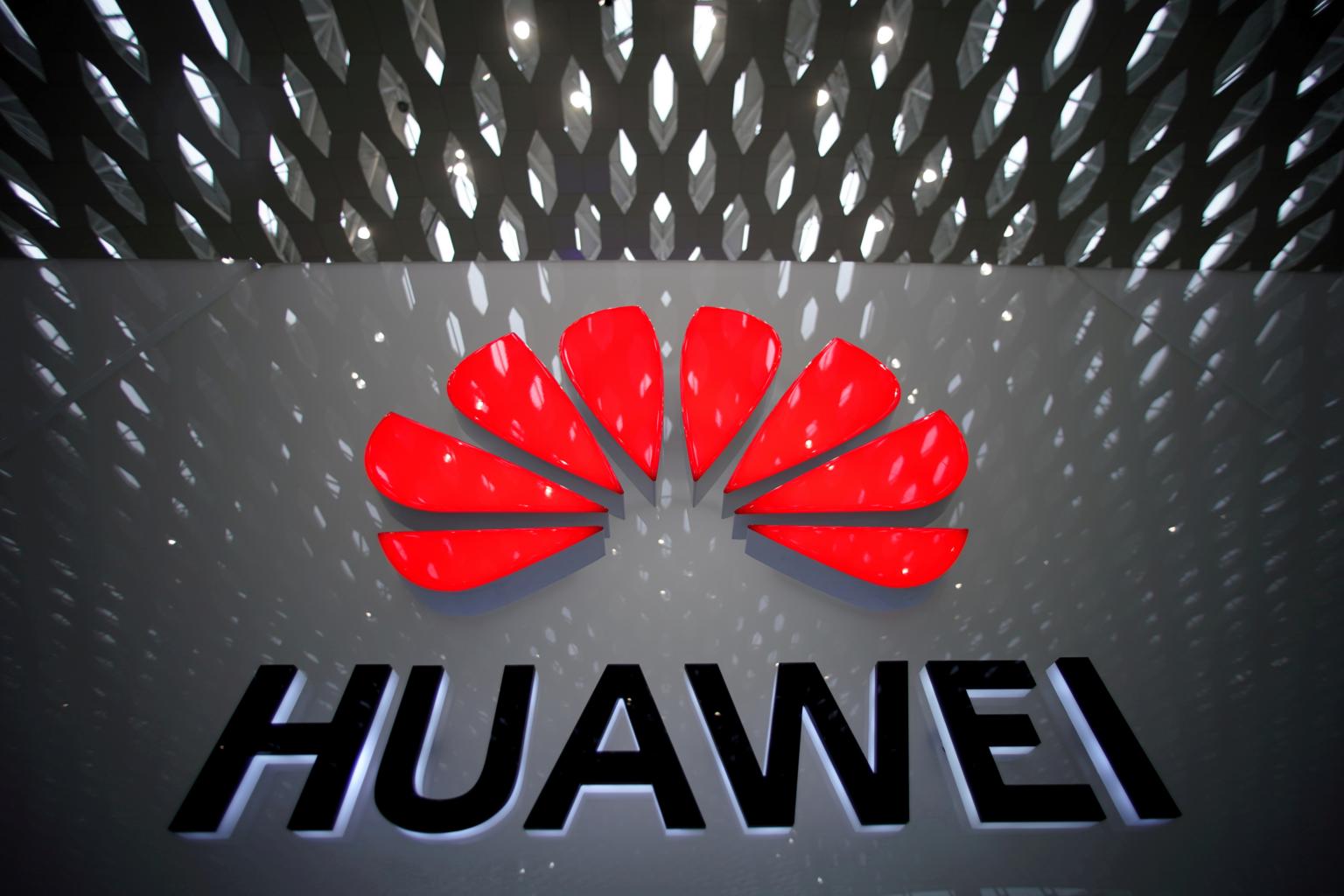Huawei business ban leaves US rural wireless companies with few alternatives
Sign up now: Get ST's newsletters delivered to your inbox

The White House originally added Huawei and many of its affiliates to the trade black list, known as the Entity List, in May.
PHOTO: REUTERS
Follow topic:
WASHINGTON (WASHINGTON POST) - The Trump administration added several dozen more Huawei affiliates to a trade blacklist on Monday (Aug 19), but also extended a temporary reprieve that will allow some US companies to continue doing business with the Chinese tech company for at least the next three months.
Commerce Secretary Wilbur Ross said the agency was extending the reprieve to give rural US telecommunications companies "more time to wean themselves off" telecom equipment from Huawei, a company the US has deemed a possible risk to national security.
Rural telecom companies said the 90-day break won't fundamentally change the steep challenge they are facing: the increasing likelihood that they will have to replace their existing Huawei equipment with expensive gear from another supplier, due to several Trump administration actions against Huawei.
"To them, the writing is on the wall," said Carri Bennet, general counsel of the Rural Wireless Association, which represents companies in rural parts of Montana, Wyoming, Alabama and other states.
They aren't ripping out equipment, she said, but "they're talking to other vendors about what that cost would be."
The companies operate on tight budgets and don't have the funds for a wholesale overhaul, she said.
"My members say, 'We're patriots; if you tell us it's a national security issue, we'll do it, but please provide us with the funding.'"
At a hearing in June, Geoffrey Starks, a member of the Federal Communications Commission, estimated that the cost could exceed US$1 billion (S$1.39 billion), "depending on what equipment needs to be replaced".
Starks said the government would need to help finance that work. "We cannot expect carriers to replace this insecure equipment alone. This is a national problem; it needs a national solution," he said.
"Mitigation of risk may be possible, but a rip-and-replace approach may be required." The rural carriers serve many farming and ranching communities and remote oil-field sites, Bennet said.
"Some of the rural companies are dependent on Huawei. So we're giving them a little more time," Ross said in an interview with Fox Business Network on Monday.
The White House originally added Huawei and many of its affiliates to the trade black list, known as the Entity List, in May.
That move prohibited US companies from exporting to Huawei without a special licence from the Commerce Department, hurting US software and semiconductor makers that sell to Huawei. It also hurt rural US telecom companies that buy Huawei equipment, because their purchase orders seeking such equipment are technically considered exports, Bennet said.
The Commerce Department said on Monday that it was adding 46 additional Huawei affiliates to the Entity List, to make it harder for Huawei to get around the sanctions.
Ross also suggested that US tech companies that have applied for special licenses to sell to Huawei may not get them soon. "No specific licenses are being granted for anything," he said.
In an emailed statement on Monday, Huawei said the blacklisting of the additional affiliates "is politically motivated and has nothing to do with national security".
It added that the additional 90-day reprieve "does not change the fact that Huawei has been treated unjustly."
Rural wireless companies originally bought Huawei equipment because it was considerably cheaper than that offered by Ericsson, Nokia and other companies, Bennet said.
Huawei's black-listing, and several other White House actions against the Chinese company, are now undermining those purchases.
In May, President Donald Trump issued an executive order prohibiting US companies from purchasing telecom equipment from entities that are owned or controlled by a foreign adversary, or that are subject to the jurisdiction of a foreign adversary, if the purchase poses "undue risk".
The order didn't name Huawei but was widely interpreted as a move against Huawei. US officials have expressed concerns that the Chinese government could force Huawei to use its telecom gear installed overseas to spy on Western countries, a claim Huawei has denied.
The US also has banned federal government agencies from buying Huawei gear. And last year, the FCC announced plans to block U.S. telecom and internet carriers from using federal subsidies to buy foreign equipment that poses a security threat.
Rural telecom companies often receive federal subsidies to carry out their work and would be hit hard by the FCC rule, which has yet to go into effect.
Aside from the cost of replacing equipment, rural companies also are facing a labor shortage, Bennet said. "Taking stuff off towers requires having someone to climb the towers to do it," she said.
With the biggest telecom companies scrambling to construct new high-speed wireless networks known as 5G, "the labour force is really tight right now," Bennet said.
"If you're a small carrier without a lot of market power, getting someone in a rural area... that's hard."
Rural telecom companies say the FCC rule could end up preventing them from buying from another Chinese company, as well - ZTE.
John Nettles, president of Pine Belt Communications, a wireless network provider in rural Alabama, said that's hurting his expansion plans.
His company started buying gear from ZTE in 2012 because the cost was so much lower, he said, adding that certain federal incentives at the time rewarded telecom companies for choosing the lowest-priced supplier.
"Our expansion plans have pretty much come to a complete halt," Nettles said. "It doesn't make any sense to me to spend additional dollars with a company I'm expecting to not be able to do business because of regulatory and legal issues."

